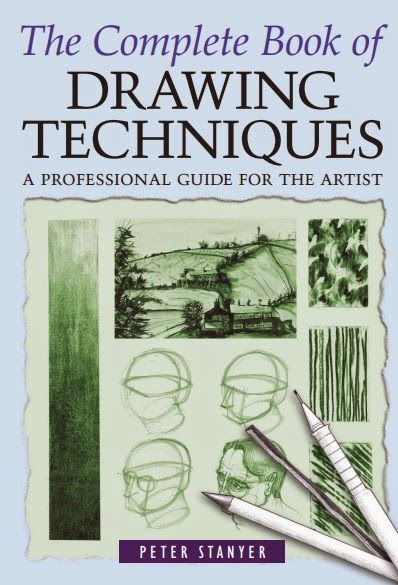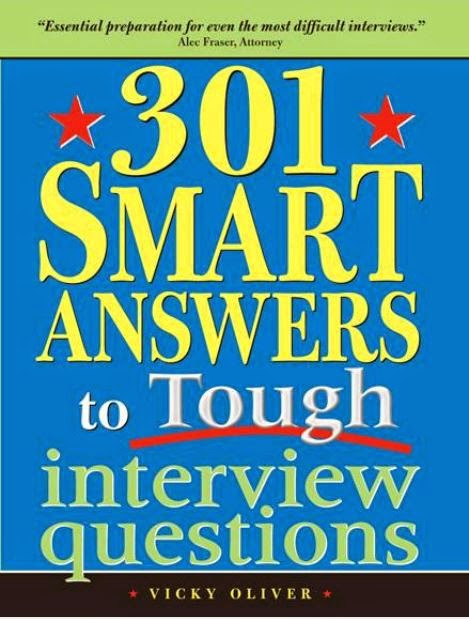Job Interview Question 1
Are you a leader or a follower?
This is an important interview question meant to measure your personality, and how your personality
will fit with this particular job.
To answer this question well, it’s important to think about what role you are interviewing for. If
you are interviewing for a leadership role and you say that you are a follower, you probably won’t
get that job. If you are interviewing for a role where you would be part of a team (not the leader)
and you say that you are always the leader, you won’t be a good fit for the team because you can’t
work collaboratively.
You might be tempted to knee-jerk reply to this one: “I’m a leader!” In our society, we tend to
revere the ideal of the decisive, powerful leader. However, the truth is that most jobs require you to
be a little of both. We are (as a society) moving more and more toward collaborative efforts with
more fluid lines of leadership. You might easily at various times be part of a team, reporting to a
higher-up, leading a team, or heading a project. That doesn’t mean that your best answer is always a
safe “I’m both.”Think about THIS particular job and what it requires to function and be successful.
Whatever your answer, be prepared to give them an example of how you have done that.
STAR Format
The STAR format is a great way to help you structure your answers to interview questions when
you need to give an example. It helps you include everything you need to in your answer:
Situation or Task
This is whatever was going on at the time. What were you faced with? What was going on? Set the
scene.
Action you took
What did YOU do to affect this situation?
Results
Always, always finish the story by telling them what happened as a result of your actions.
This is the most important part!
If you are a leader, tell them about a time when you exercised leadership, including the actions
you took and what the results were. This could be an example of
Spearheading a multi-piece project that would demonstrate your project management skills
How you motivated a group of people to achieve a goal
How you had to make a hard decision(telling what the circumstances were and what the results
were)
Just like in your resume, you want to quantify what you are describing wherever possible:
“I led a group of 12 people in a 6-department project where our job was to streamline processes
between departments to save time and money. We decided to (X, Y, and Z) and as a result, cut an
average of 2 weeks out of each process and saved each of the 6 departments an average of $100,000
a year.”
If you are a follower, help them see how you contributed to the team and benefited the
team.Employers need followers in many roles, but they like to see followers who can take initiative.
Talk about a successful project and what your role in that was—something you did that had a
significant impact on the outcome. If you can quantify that impact, that’s even better:
“My action resulted in a time savings for us, so we got it done 8 days faster.”
Or talk about your overall responsibilities and how your contributions ensured consistently
successful outcomes.




